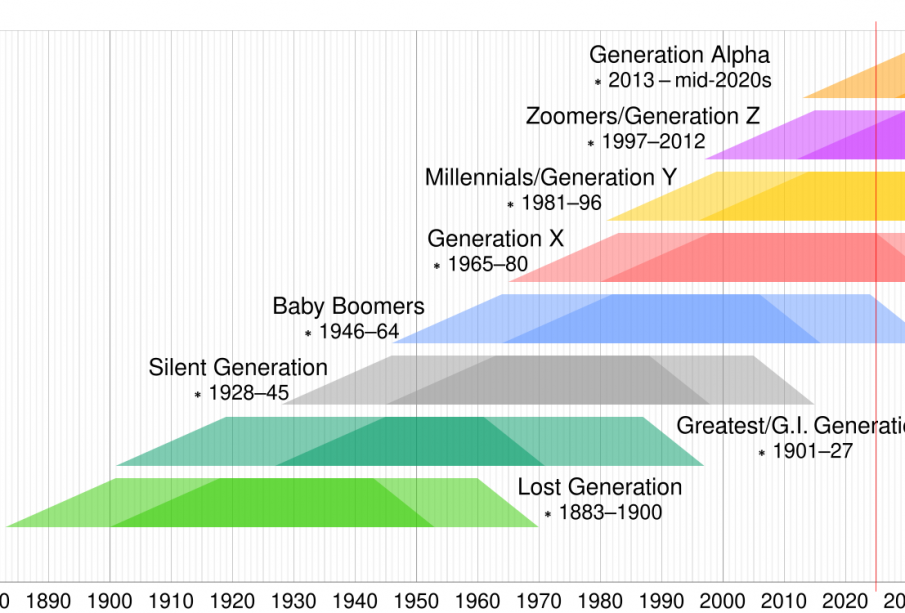The Influence of Gen Z Years on Today’s Society

Introduction
The emergence of Generation Z, typically defined as those born between the mid-1990s to early 2010s, marks a significant demographic shift. With their unique experiences, cultural perspectives, and technological integration, the years of Gen Z are crucial for understanding the current landscape of society. As this generation begins to enter the workforce and influence consumer trends, it is important to grasp their characteristics and values.
Defining the Gen Z Experience
Gen Z individuals have been shaped by unparalleled access to technology and information. Growing up during the rise of smartphones and social media, they are true digital natives. According to a February 2023 report from the Pew Research Center, 95% of teenagers have access to a smartphone, and approximately 45% are online “almost constantly.” This constant connectivity has influenced their communication styles and social interactions.
Cultural and Social Trends
Generation Z is known for its strong sense of social justice and activism. Issues like climate change, racial equality, and mental health are at the forefront of their generation’s dialogue. The World Economic Forum highlighted that nearly 62% of Gen Z individuals feel it is their responsibility to advocate for changes related to social and environmental issues. This commitment to activism shapes not only personal interactions but also purchasing decisions, as many Gen Z consumers prefer brands that align with their values.
Education and the Workforce
The educational landscape is also adapting to the needs and preferences of Gen Z. A survey by the National Association of Colleges and Employers revealed that this generation prioritises career readiness, emphasising skills development and versatility in their studies. As they enter the workforce, they’re seeking careers that offer flexibility, inclusivity, and opportunities for personal growth. This shift is prompting businesses to rethink their engagement and training methods to attract and retain Gen Z employees.
Conclusion
The years of Gen Z are not merely a fleeting phase; they encapsulate a transformation in societal norms, consumer behaviour, and workplace expectations. As they continue to rise as influential players in the economy and social sphere, understanding Gen Z’s values and priorities can better equip society for future interactions. Brands, educators, and policymakers who recognise the significance of this generation will be better positioned to adapt to the changing landscape ahead. As we look forward, the impact of Gen Z years will undoubtedly resonate far beyond their immediate context, shaping our future for years to come.







